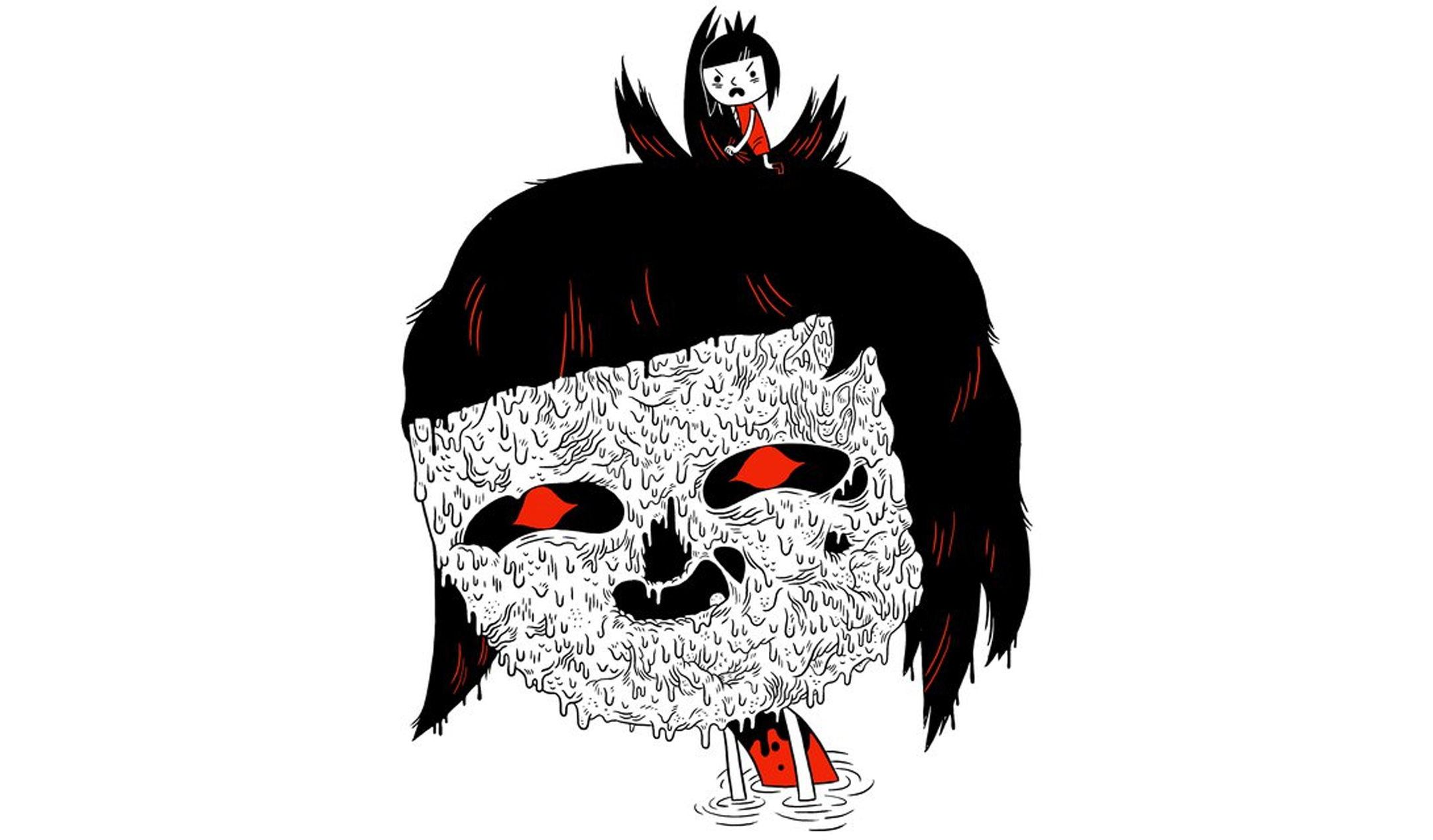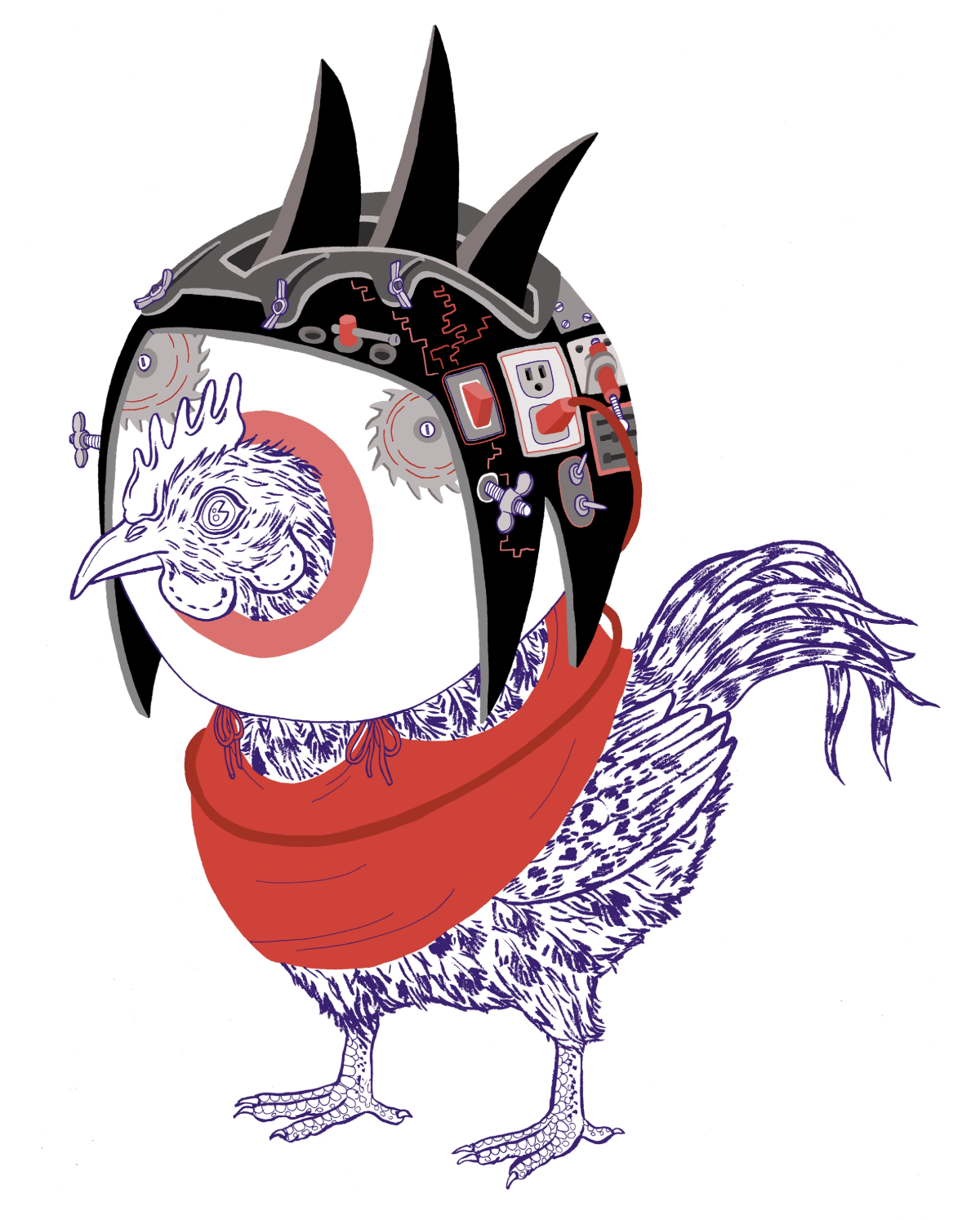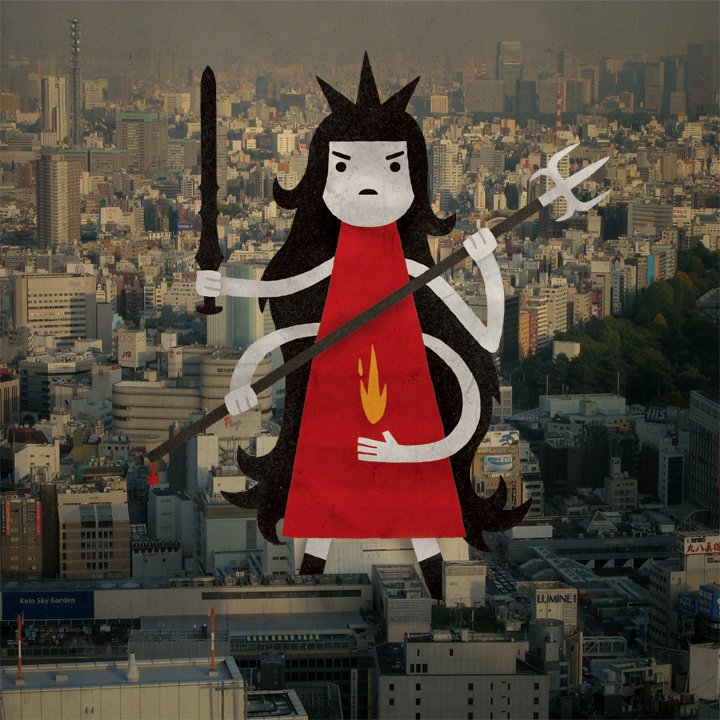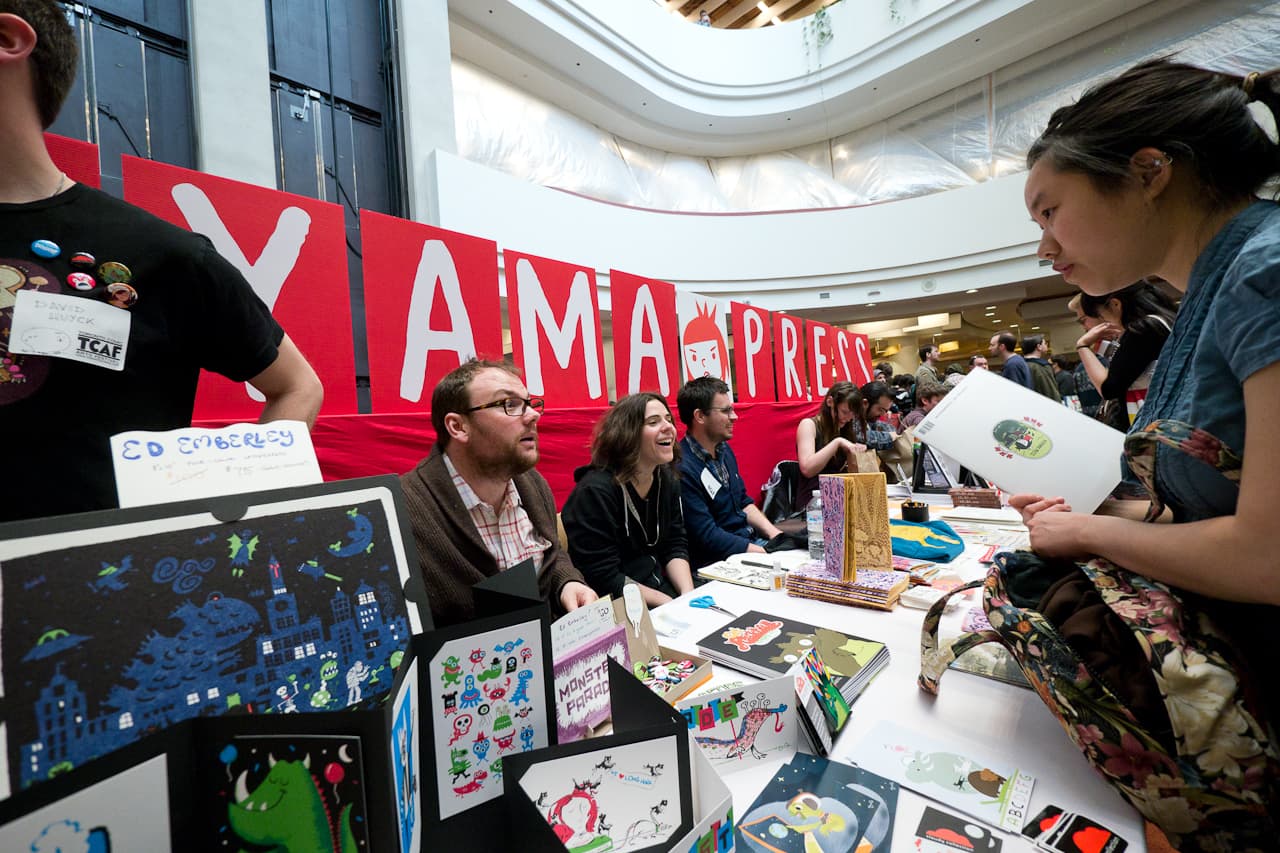

Annie Koyama, founder of Toronto’s small but mighty Koyama Press, has single-handedly built a successful publishing business bringing the brightest and weirdest of Toronto’s art and comics scene to world at large. Since its inception in 2007, Koyama Press has released an incredibly diverse catalogue of comics and art books, showing no sign of slowing down! We caught up with Annie Koyama to ask her about her approach to publishing and what the future holds for Koyama Press.


Koyama Press seems to operate in an almost philanthropic way, publishing artists and funding arts projects for the sheer love of it. Can you tell us a bit about how Koyama Press got started, and become so successful in a time when independent publishers struggle and money for arts is in short supply?
Anne Koyama: So far, that is totally true. After a health crisis, I decided to do something new, combining a couple interests – books and art, particularly by emerging artists. I’d spent some time looking at illustration and contemporary art sites and decided to contact a couple artists with the intention of sponsoring some small projects.
That ballooned into comics, zines, prints, art projects and of course, books.I think that I’ve achieved a bit of success in breaking out some artists to new audiences and bringing the artists a bit of income that they may not have had without me. It certainly is a challenge to be a small press publisher of art books and comics.

Your catalogue of artists is incredibly diverse, ranging from Michael DeForge’s loose comics style, Nicholas DiGenova’s meticulous animal hybrids, to the dream-like folktales of Tin Can Forest. Do you have a long-term creative vision for Koyama Press, or do you choose projects as they come along?
AK: People often remark on the diversity of the catalogue but it really just speaks to the kind of work that I like. I will continue to work with fine artists, illustrators, animators, street artists, printmakers as well as comic artists.The only constant for me is that I wish to maintain a certain level of quality.
Koyama Press has definitely helped nurture and encourage Toronto’s growing comics and arts scene. Do you have any advice for local emerging artists?
AK: Only to get out there with like-minded people, show your work, make art every day. See what other people are doing. It doesn’t cost anything to go to galleries, look at work online and use the library if you cannot afford to buy reference materials. Travel as much as you are able. Learn how to write grant proposals.
Koyama Press’s “Kickass Annie” logo has definitely travelled far with dozens of artists creating their own versions of Kickass Annie (http://on.fb.me/hVfEbJ). How did this get started? Any plans for an anthology collecting all the Annies?
AK: Initially, I commissioned a few artists to do their version of Aaron Leighton’s design. I wanted a few for my office wall. Once a couple of them were posted online, several people came forward asking to add to the collection. A couple people just surprised me with their versions.The collection is pretty amazing now and it seems to have come full circle with Aaron doing a version of his original version! I may put together a little book or zine of the versions when I have the funds.
Any upcoming books from Koyama Press we can look forward to? Given unlimited resources, what would be a dream project you’d like to undertake?
AK: Diego Bergia’s ‘Lepos Bible’ has just come out, Mark Laliberté’s book ‘Grey Supreme’ will be out in January and Michael DeForge’s ‘Spotting Deer’ will debut at the Brooklyn Comics and Graphics Festival in December.
With unlimited resources? I have lots of projects and a long list of draft picks with whom I’d like to work. And, I’d want to find a way to continue supporting the all of the artists in the current catalogue. Produce higher quality books too. The list is endless.